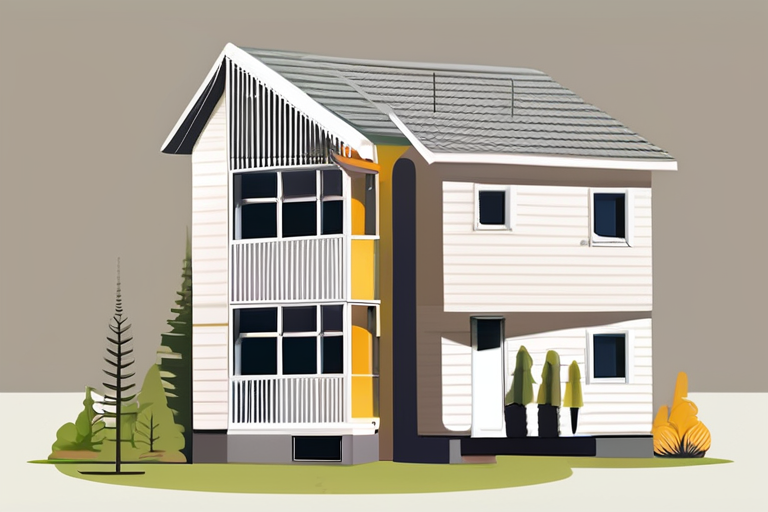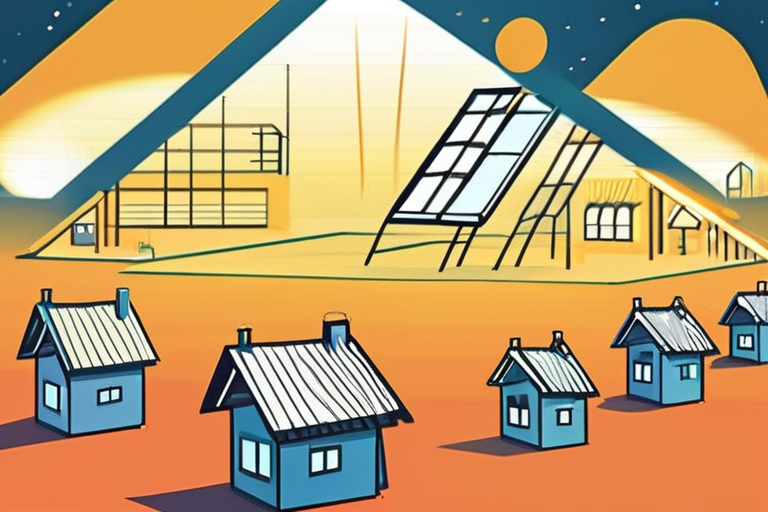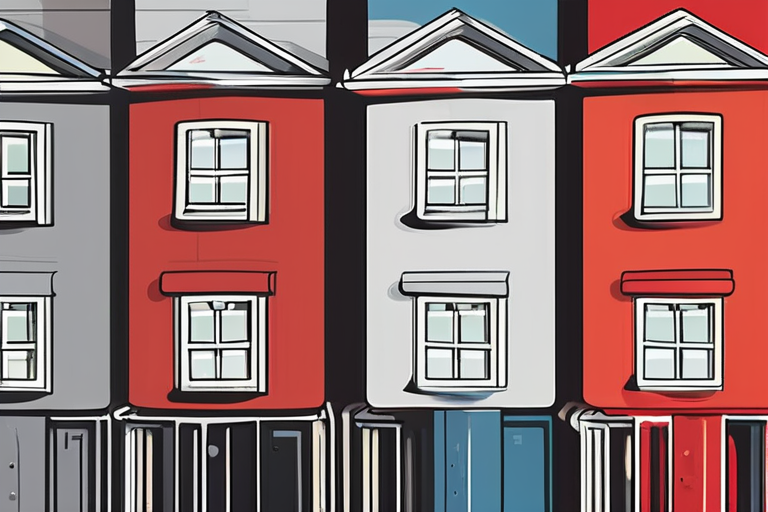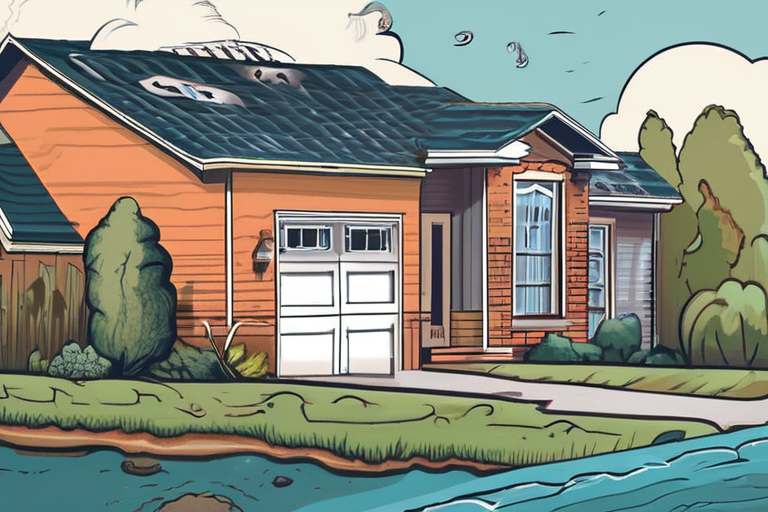"Thousands of Insulated Homes on Brink of Disaster Without Urgent Repairs"


Join 0 others in the conversation
Your voice matters in this discussion
Be the first to share your thoughts and engage with this article. Your perspective matters!
Discover articles from our community

 Hoppi
Hoppi

 Hoppi
Hoppi

 Hoppi
Hoppi

 Hoppi
Hoppi

 Hoppi
Hoppi

 Hoppi
Hoppi

Rising Temperatures Fuel Unaffordable Home Insurance Crisis in Coastal Communities A devastating trend is unfolding in coastal regions worldwide, where …

Hoppi

Tens of Thousands of Homes Insulated Under Government Schemes Need Urgent Repairs A government-backed insulation program has been found to …

Hoppi

America's Flood Insurance System Doomed to Fail: Experts Warn of Catastrophic Consequences A devastating summer of floods has left thousands …

Hoppi

Warming Planet Makes Home Insurance Increasingly Unaffordable A devastating series of hurricanes has ravaged Sanibel Island, Florida, leaving thousands of …

Hoppi

Breaking News: Thousands of Homes at Risk as Urgent Repairs Overdue Tens of thousands of homes insulated under government schemes …

Hoppi

Energy Suppliers Urge Government for Enduring Support as Prices Rise A significant increase in gas and electricity prices has prompted …

Hoppi